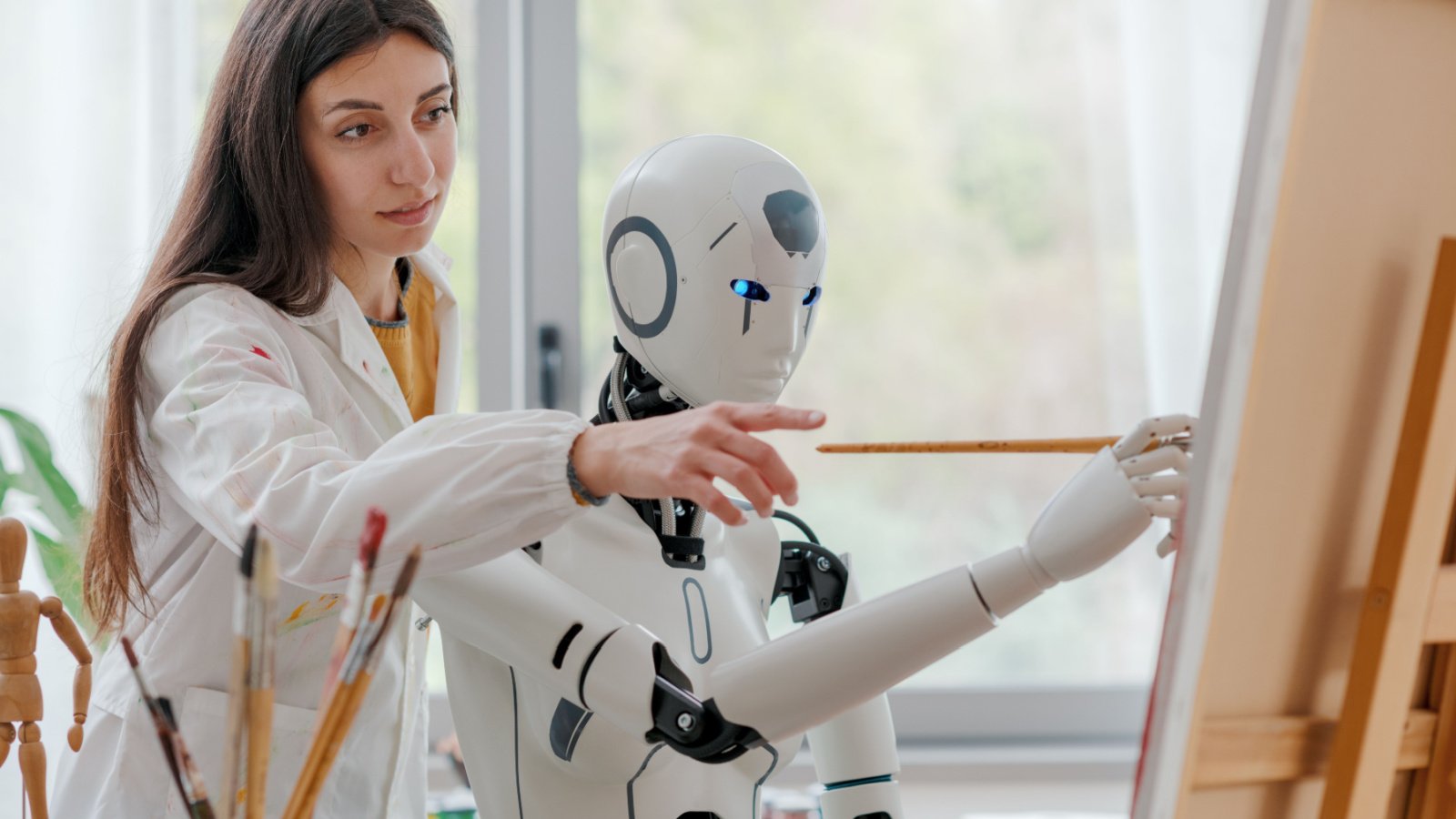The English language is constantly evolving and transforming over time. Phrases can change meaning in sometimes unrecognizable ways, especially when it comes to slang. Let’s take a look at the words commonly used today that would completely confuse a time-traveler from the past.
Sick

In the past, if you said something was “sick,” it meant that it was ill or unwell. Today, “sick” is often used by younger people to describe something that is incredibly awesome and cool.
Literally

Traditionally, “literally” was used to describe something that was actually true or happening exactly as stated. Now, it’s frequently used for emphasis or to express strong feelings, even if the situation isn’t literally true.
Awful

Originally, “awful” meant something filled with awe, as in deserving respect or fear. Over time, it evolved to mean something very bad or terribly unpleasant, marking a dramatic shift from reverence to negativity.
Guy

“Guy” used to refer specifically to Guy Fawkes, often related to the Guy Fawkes dummy burned on a bonfire. It has since become a casual term for any man or person in general and has lost most of its historical connotation.
Nimrod

Biblically, Nimrod was a mighty hunter. Thanks to Bugs Bunny’s sarcastic use of the name to mock Elmer Fudd, “nimrod” has come to mean an idiot or fool, changing the meaning entirely.
Terrific

In its early use, “terrific” described something causing terror or served as a synonym for horrifying. Now, it’s used to describe something extraordinarily good or very impressive. The phrase “You look terrific” would have a completely different meaning in various time periods.
Hysterical

“Hysterical” comes from a Greek word for uterus and originally referred to a medical condition thought to be specific to women. Today, it’s used to describe anyone who is uncontrollably emotional or very funny.
Bully

Centuries ago, “bully” was a term of endearment, meaning good friend or sweetheart. It has evolved to refer to someone who harasses or intimidates others to assert their own authority.
Fizzle

Originally, “fizzle” referred to the act of producing quiet flatulence. It now means to fail or end weakly in a disappointing manner. The more modern usage retains some of the original’s sense of anticlimax.
Decimate

Historically, “decimate” meant to kill one in every ten, a practice used as punishment in Roman legions. These days, it is used more generally to mean total destruction of something.
Girl

Before the 16th century, “girl” simply meant a young person, regardless of gender, in Middle English. Now, it specifically refers to a female child or young woman.
Naughty

Centuries ago, “naughty” was used to describe someone who had naught or nothing. It evolved to mean morally bad or wicked, often used lightly now to describe misbehaving children.
Egregious

Originally, “egregious” meant remarkably good. Today, it is used to describe something shockingly bad. The complete flip in meaning remains a curious aspect of its usage.
Nice

“Nice” originated from the Latin word “nescius,” meaning ignorant. Over the centuries, it has come to mean pleasant and agreeable. This evolution reflects a dramatic improvement in connotation.
Silly

“Silly” once meant blessed or happy in Old English. It later came to mean innocent, and now often means lacking in good sense or foolish. Each shift moved further away from the original positive tone.
Awkward

This word originated from the Old Norse word for backhanded, and it once meant facing the wrong way. Now, it describes someone or something that is clumsy or uncomfortable in social settings.
Brave

In its early use, “brave” referred to showy or flashy dressing. It has evolved to mean courageous or heroic. The current use emphasizes internal qualities rather than external appearance.
Cloud

Traditionally, “cloud” referred specifically to visible masses of condensed water vapor in the sky. In the digital age, it has also come to describe internet-based storage services. This modern meaning has expanded its application significantly.
Dashboard

Originally referring to a board at the front of a carriage that stopped mud from splashing onto passengers, “dashboard” now means the control panel in a vehicle. Technological advances have repurposed this term for modern use.
Dapper

“Dapper” once described someone who was heavyset or stout. It now refers to someone who is neat and fashionably dressed. The focus has shifted from body type to attire.
Flirt

In the past, “flirt” meant to flick something away or to move briskly or jerkily. Later, the verb shifted to mean joke or display cheeky behavior. Now, it describes playful interactions aimed at arousing romantic interest in another person.
Quarantine

Derived from the Italian words for forty days, “quarantine” originally described the period a ship suspected of carrying disease was isolated. Now, it generally refers to any period of isolation to prevent the spread of illness.
Robot

Introduced in Karel Čapek’s play, “robot” originally meant forced labor. It now refers to any machine that performs tasks automatically. The evolution mirrors technological advances in automation.
Spam

“Spam” was once a brand of canned meat, famously mentioned in a Monty Python sketch. It has since become a term for unsolicited, repetitive messages, especially in email.
Virus

Traditionally, “virus” refers to an agent causing disease in living organisms. In the digital world, it also describes a piece of malicious software that can infect computers.








